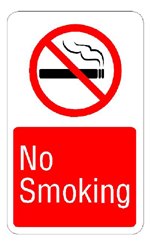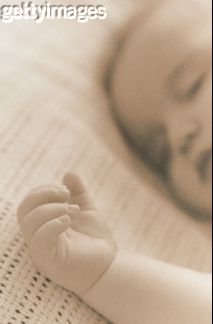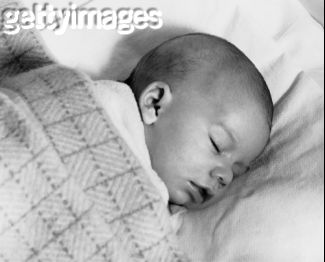
NO SMOKING
about smoking
news
smoking badness
smoking cessation
tobacco smoke & ASTHMA
product
about Passive (Involuntary) Smoking
what's
is it?
information
it's badness
how to protect your child from
passive smoking
say no to it
Give up smoking.
It's one of the most important things you can do for the health of your children and the best way to prevent your child from being exposed.

Never smoke inside your home.
Some parents find it very difficult to give up smoking, but all parents can change their smoking habits. Smoke only when you are away from home. If you have to smoke when you are at home, smoke only in your garage or on the porch.
If you have to smoke inside your house, decide which room in your home will be a smoking room. Keep the door to this room closed and open a window sometimes to let fresh air into the room. Wear an overshirt in this room so your underlying clothing does not collect the smoke. Never allow your child inside this room. Don't smoke in any other parts of the house. Visitors must also smoke only in this one room.
Never smoke when you are close to your child.
If you cannot limit your smoking to one room, at least don't smoke when you are holding your child. Never smoke in a car when your child is a passenger. Never smoke when you are feeding or bathing your child. Never smoke in your child's bedroom. These precautions will reduce your child's exposure to smoke and protect him from cigarette burns. Even doing just this much will help your child to some degree.
Avoid leaving your child with someone who smokes.
Ask about smoking when you are looking for day care centers or baby sitters. If your child has asthma, this safeguard is crucial.
As a parent, you are a role model. Children watch what their parents do.
If your child sees you smoking, he or she may want to try smoking and
grow up to become a smoker as well.
Cigarette smoking by children and adolescents causes the
same health problems that affect adults.
二手煙對寶寶的影響

各種的空氣污染,只要含有雜質,不論有氣味或無氣味的空氣本身就是一種刺激物,對幼兒的呼吸道尤其不好。當被污染的空氣吸入喉嚨氣管及肺部內時,很容易刺激幼兒這些呼吸道上的黏膜,刺激呼吸道的敏感度(異樣的感覺),導致分泌物增多、氣管黏膜腫脹、氣管壁肌肉收縮變狹窄...等,這些都是造成咳嗽、痰多、及氣管炎的原因之一。有過敏氣喘體質者,其表現會更為嚴重,甚至會造成呼吸困難氣喘的發作。因此,幼兒應避免接觸到污染的空氣,尤其是有刺激性味道的,有醫學研究報導指出幼兒吸二手煙不僅會增加氣管炎的發生率,也會使其症狀更加嚴重,因此寶寶的住家屋內不可以有人抽煙(二手煙)也不能有煙味。
引申以上,就可知道當然也包括了下列各點︰
1.寶寶避免接觸刺激性味道,屋內儘量少用蚊香、燃香、油漆、香水、樟腦丸、殺蟲劑等有刺激氣味的物質;廚房內宜使用抽油煙機,可減少油煙散漫;廁所也要隨時清洗,防止臭味產生,因刺激性煙霧很容易刺激幼兒的呼吸道,增加呼吸道的敏感度。
2.寶寶房間內可使用空氣濾淨器,減少空氣中的雜質灰塵。
3.照顧幼兒者,甚至家中地其他人,如果自己發生了感冒時,應該盡量避免與寶寶做很密切的接觸,如果寶寶暫時無法托旁人照顧時,也要避免與其面對面的呼吸、咳嗽、打噴嚏;幫寶寶沖泡牛奶或調理食物時,應先洗手,避免對著食物說話、咳嗽、打噴嚏。
4.疾病感染流行期間,幼兒應儘量減少出入公共場所人潮湧擠之處,如遊樂場、戲院、百貨公司等,避免呼吸道直接的感染。
5.天氣變化較多的季節,如春夏之交,秋冬之際,早晚溫差變化很大,應注意幼兒保暖,以減少對呼吸道黏膜的刺激。